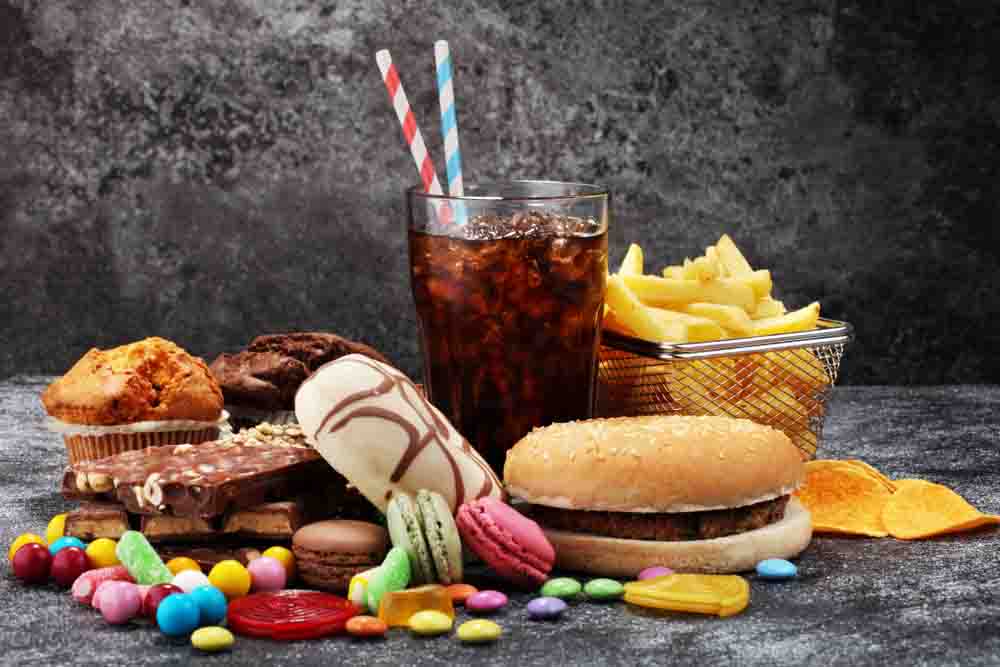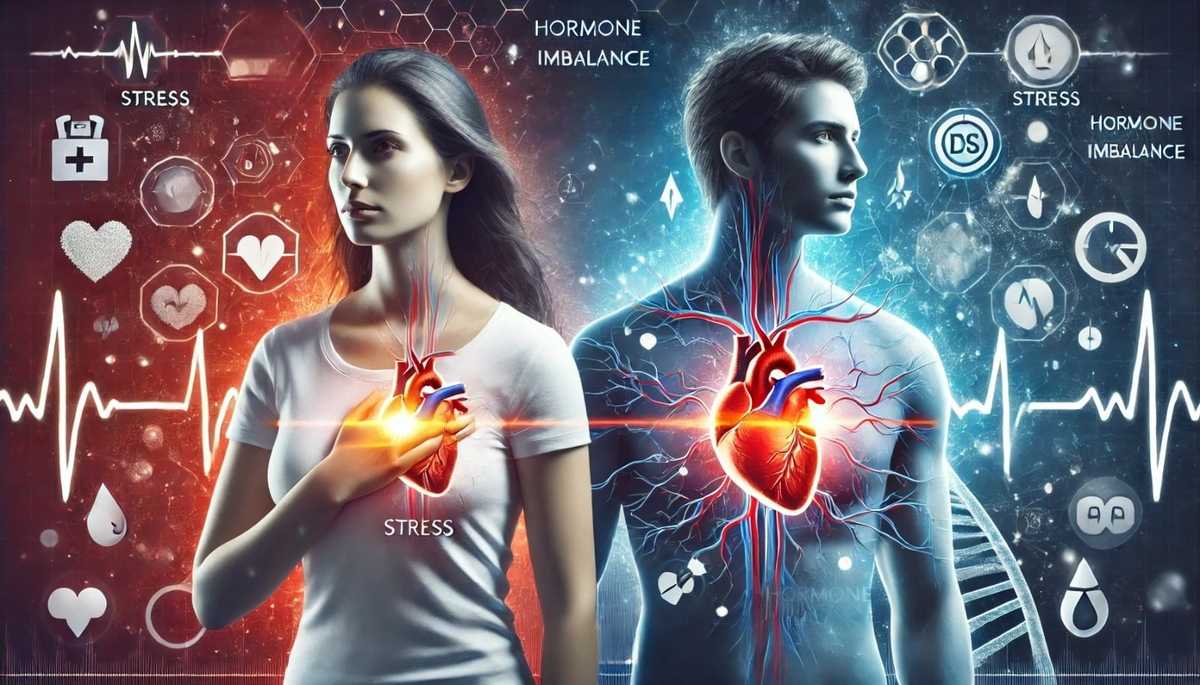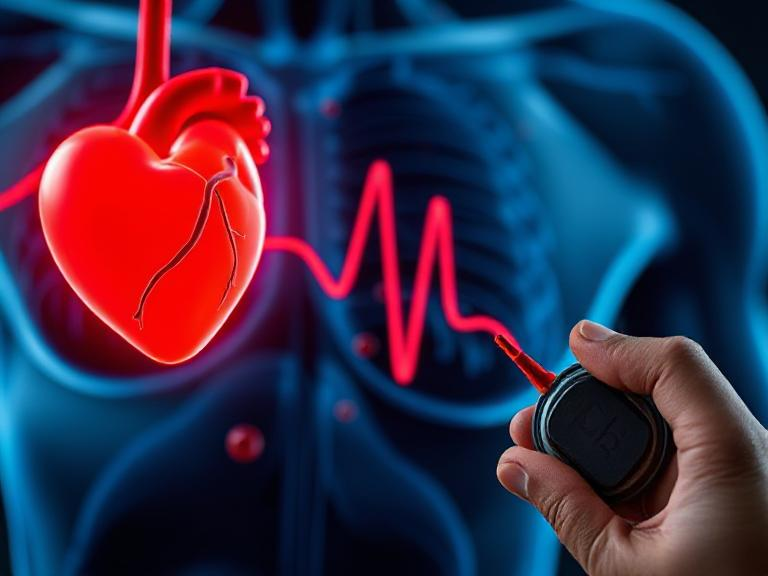Refined grains and sugar - People with acne tend to consume more refined carbohydrates.
Foods rich in refined carbohydrates
Bread, crackers, cereal or desserts made with white flour Pasta made with white flour White rice and rice noodles Sodas and other sugar-sweetened beveragesOne study found that people who frequently consumed added sugars had a 30% greater risk of developing acne.
Dairy products - Frequently consuming dairy products is linked to increased acne severity, but it is uncertain whether there is a cause-and-effect relationship.
Fast food - Fast food items, such as burgers, nuggets, hot dogs, French fries, sodas and milkshakes may increase acne risk. It is unclear why eating fast food may increase the risk of developing acne, but some researchers propose that it may affect gene expression and alter hormone levels in a way that promotes acne development.
Foods rich in omega 6 fats - Diets rich in omega-6 fatty acids and low in omega-3s are pro-inflammatory and may worsen acne. This may be because fast food diets contain large amounts of corn and soy oils, which are rich in omega-6 fats, and few foods that contain omega-3 fats, like fish and walnuts.
The food you are sensitive to - Food sensitivity reactions can increase the amount of inflammation in the body, which theoretically may worsen acne. However, no studies to date have been conducted on the topic.
Whey protein powder – Whey protein is a popular dietary supplement. It is a rich source of the amino acids leucine and glutamine. These amino acids make skin cells grow and divide more quickly, which may contribute to the formation of acne.
What can we eat – There are some other foods and nutrients that may help keep your skin clear
Probiotics
Turmeric
Omega 3 fatty acids
Green tea
Vitamin A, D, E and zinc
Overall dietary patterns are likely to have a larger impact on skin health than eating or not eating any one particular food.

 Acne is a common skin condition. Many factors contribute to the development of acne, including sebum and keratin production, acne-causing bacteria, hormones, blocked pores and inflammation. Even diet can play a significant role in acne development
Acne is a common skin condition. Many factors contribute to the development of acne, including sebum and keratin production, acne-causing bacteria, hormones, blocked pores and inflammation. Even diet can play a significant role in acne development



















.jpeg)


.jpeg)



.jpeg)
.jpeg)






.jpeg)





